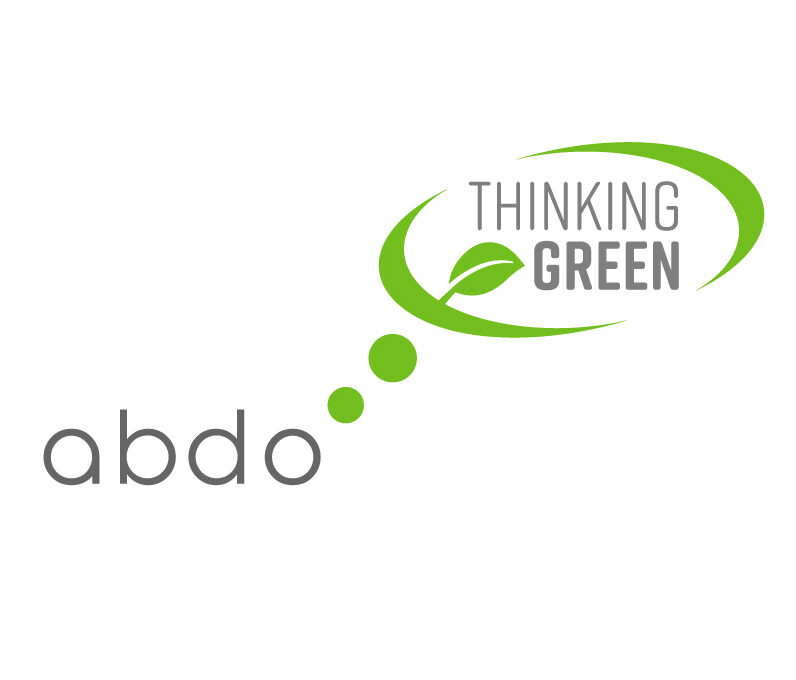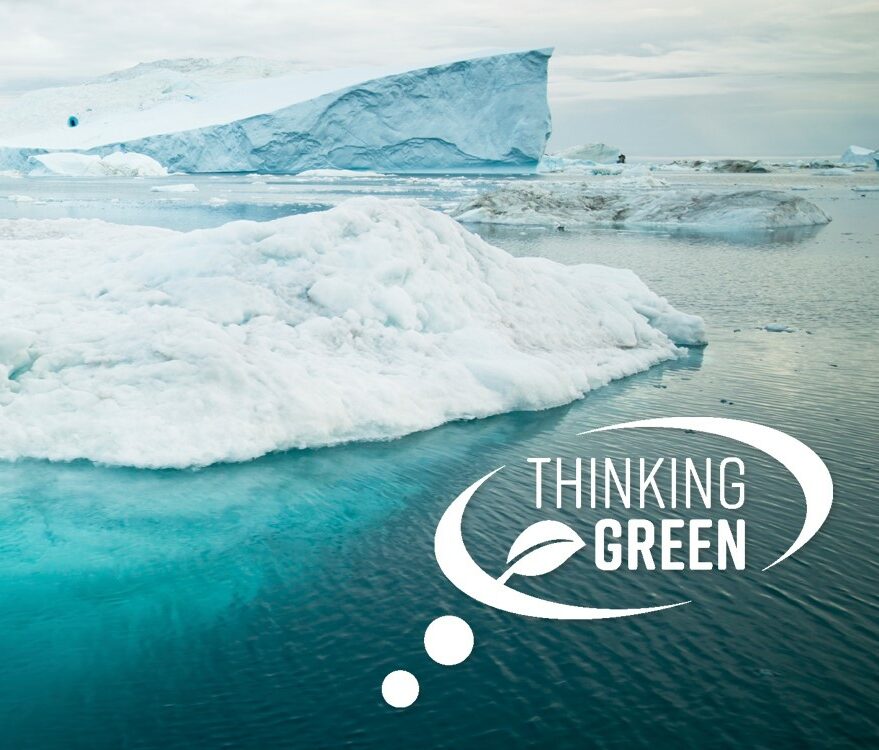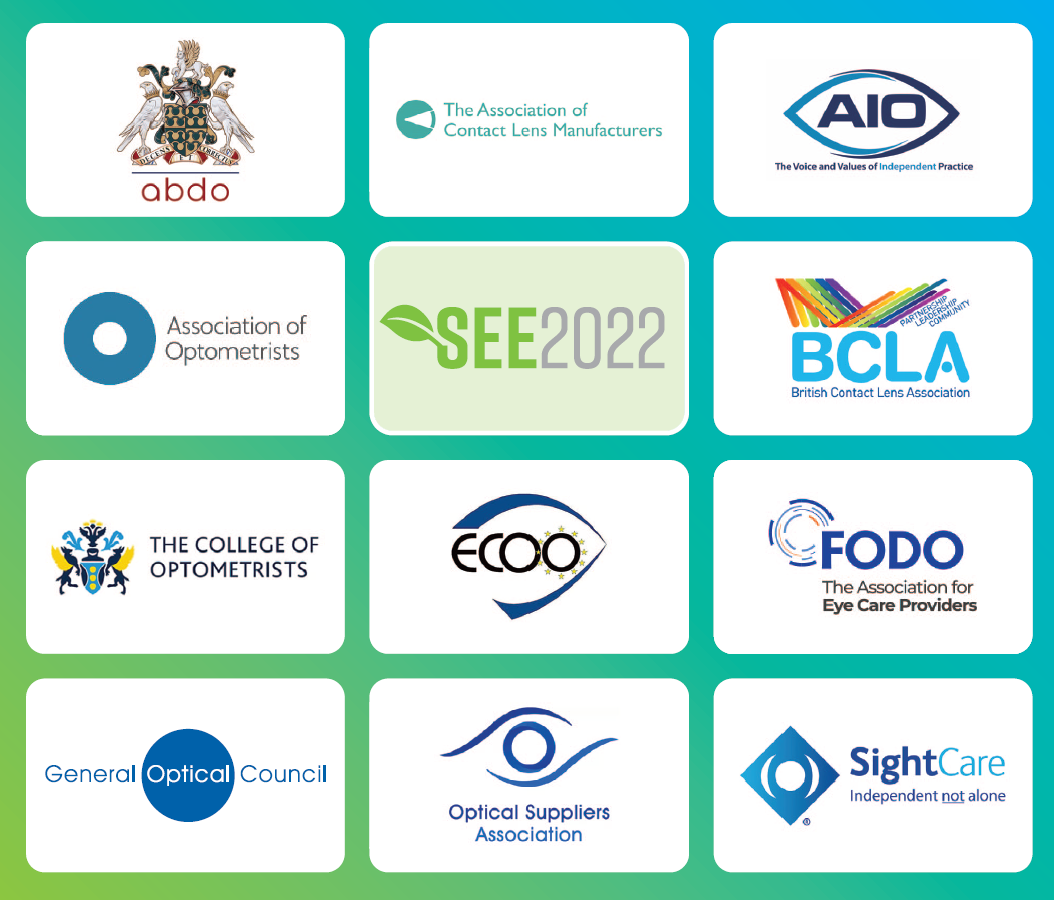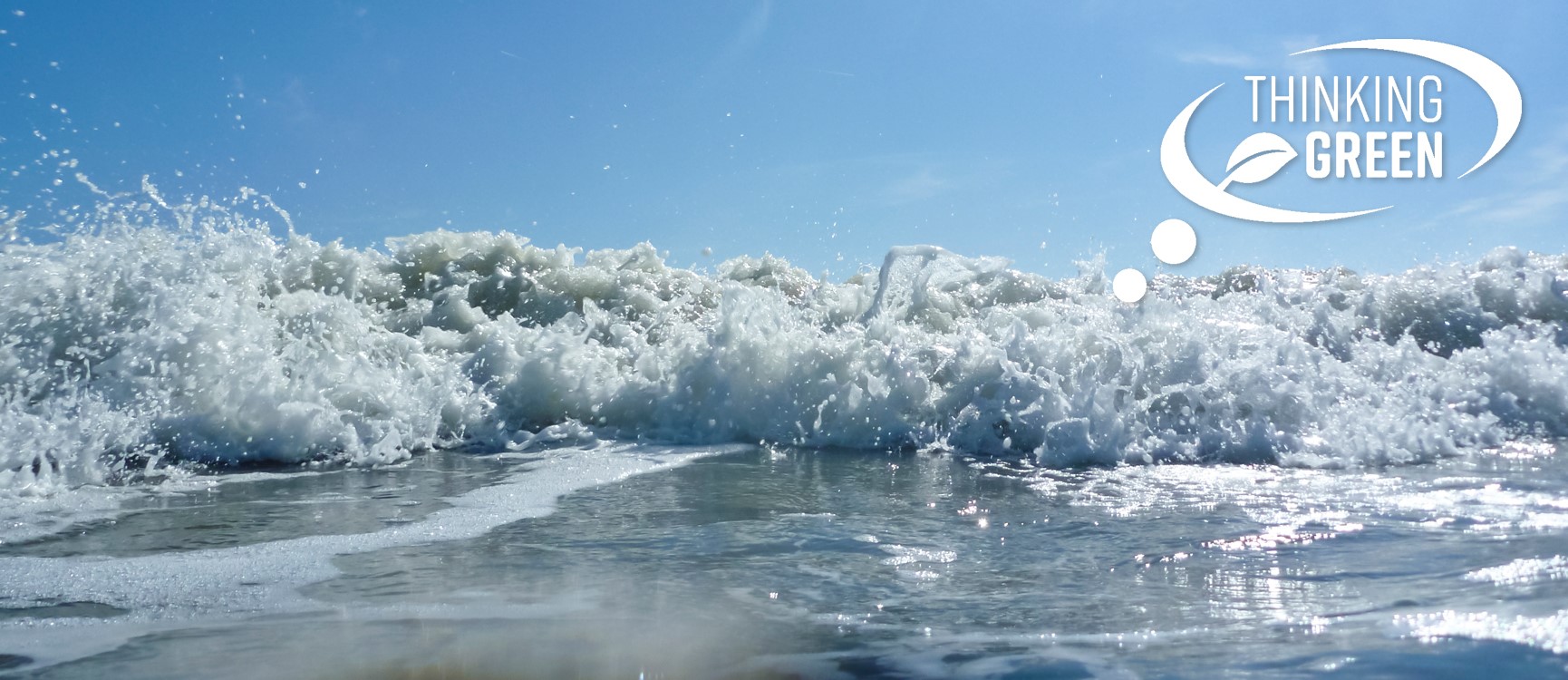
Specsavers Telford working with the Telford Centre to go green
Rizwaan Makda is a Director at Specsavers in Telford, Shropshire. He says, “We have thought about how to become more environmentally friendly a lot over the past year. We have looked at how to reduce carbon emission and environmental footprint.
“Within the store we are trying to reduce the amount of paper we are using and becoming more electronic. This has the benefit of less potential for confidential waste to be exposed, if offers a more modern approach and smoother transition for the patient. In the past, when a patient came in their record was printed, after they left it went into confidential shedding. We are now looking at how we can make this fully electronic, making the most of the iPads we already use.
“We are starting our paper-free journey with contact lens patients. We are also looking at how we dispose of contact lenses. We have approached a local waste disposal company which does our medical waste. They are looking to see if patients can drop in their used contact lenses to us. We want to make sure they have the correct certification and not just going to landfill.”
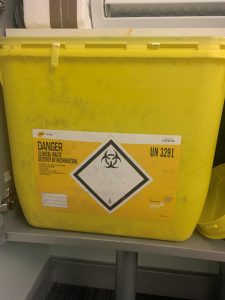 Another area Riz is looking at is the onsite lab. He says, “There is a lot of water used within the lab. We wanted to change this and we now have had a system so we can recycle the water so it is changed less often.”
Another area Riz is looking at is the onsite lab. He says, “There is a lot of water used within the lab. We wanted to change this and we now have had a system so we can recycle the water so it is changed less often.”
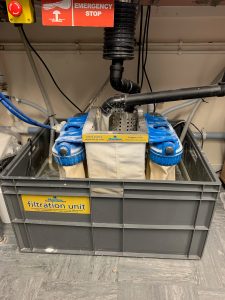
Specsavers Telford is located within the Telford Centre which is supporting the practice in its efforts to become more sustainable. Riz says, “The Telford Centre is very good at recycling, cardboard, plastics, and most recently food waste.”
Fran Woffinden has been working on environmental initiatives at the Telford Centre over several years. She says, “Nothing goes to landfill. Cardboard forms a big part of the centre’s waste so there is a separate cardboard collection, with it completely separate and baled.”
The centre now has two food waste digesters. Fran says, “These work like the human stomach. An enzyme pouch goes in along with food waste and it produces an end product called grey water that goes directly into the drainage system, leaving no solid waste. Riz says, “They give us a bucket for food waste from the staffroom, we leave it outside our basement entrance – the food is fed in, the shopping centre can recycle it all.” Fran adds, “This is currently offered to cafes and those tenants who want to get on board. We aim to get each tenant to have a food waste bin in their rest areas. Every banana peel, every apple core, every scrap of food waste can be eliminated from the main bin collections and fed into waste digestors. That’s positive for the store, and also good for the tenants, with less cost for disposal all round. There are two bins other bins, one for plastic bottles, the other for cans as these form quite a percentage of the waste.”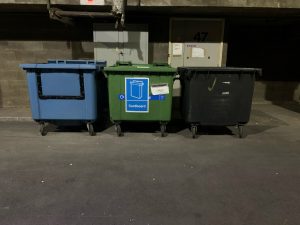
The Telford Centre has won two Green Apple awards. Fran says, “The first was for a complete overhaul of the waste system seven years ago when we introduced dry mixed recycling. In we also won an award for chemical free cleaning on the malls – we removed 89 per cent of chemicals and installed Orbio machines which produces its own version of a disinfectant and hard surface cleaner – it is used by companies from hospitals to F1 Maclaren.” She continues, “We consciously try every year to review what we are doing. Its great that initiatives like this bring down costs but it is also about introducing ways that are useful for the people working in the shops.”
